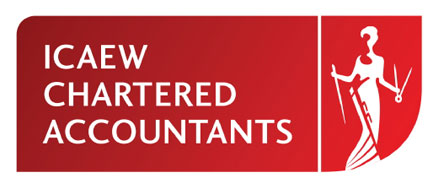Looking forward with Bill Gates
February 10,2017
Despite widespread global problems like hunger and malaria, Bill Gates has an optimistic outlook on the planet’s future — along with a few ideas on how to make it even better. In this video series, CNN meets the men and women bringing those ideas to life.
Bill Gates is a man on a mission.
The 61-year-old co-founder of Microsoft, who has an estimated fortune of nearly $85 billion according to Forbes, is well known for his philanthropic work.
In an interview with CNN, recorded in October, Gates talked about his commitment to tackling disease and famine.
“Our foundation focuses on the diseases of poor countries such as malaria, HIV, diarrhea and pneumonia,” Gates told CNN. The Bill and Melinda Gates Foundation is investing millions in combating mosquito-borne diseases in Latin America.
“In every one of those cases, we’ve made huge progress. We’ve cut the number of children under five with diarrhea from 13 million 25 years ago to six million today.”
With his brief laid bare, we asked Gates for advice on tackling some of the biggest challenges facing the globe.
“We’ll never get it to zero,” said Gates on how to rid the planet of disease. “But the science today should give us tools to solve a lot of the big killers.”
He said disease could still be “cut in half,” eventually reaching a point where “a child in a poor country doesn’t have a dramatically increased chance of dying compared to other children.”
So how do we inspire this scientific innovation in the next generation?
“Understanding what the problems of the world are, I think that stimulates people,” said Gates, before rushing off to another appointment to spread his message — and money — further.
“It’s about increasing food productivity,” said Gates matter-of-factly, when asked how to save the world from famine.
“We have one-fifth the productivity in Africa that we have in Europe and the United States. So better seed varieties, access to fertilizer… and the use of cell phones so that market information is more available.”
Gates added that African countries could learn from the way some Asian countries had pulled themselves out of famine and dramatically increased crop production.
While there are still huge challenges facing society, Gates has an optimistic outlook.
“The trend is good,” he said.
“The reduction in violence, the understanding the science, you know, the treatment of women. We have a lot more to do, but, you know, certainly, 30 years ago, it was a lot worse than it is today.”



